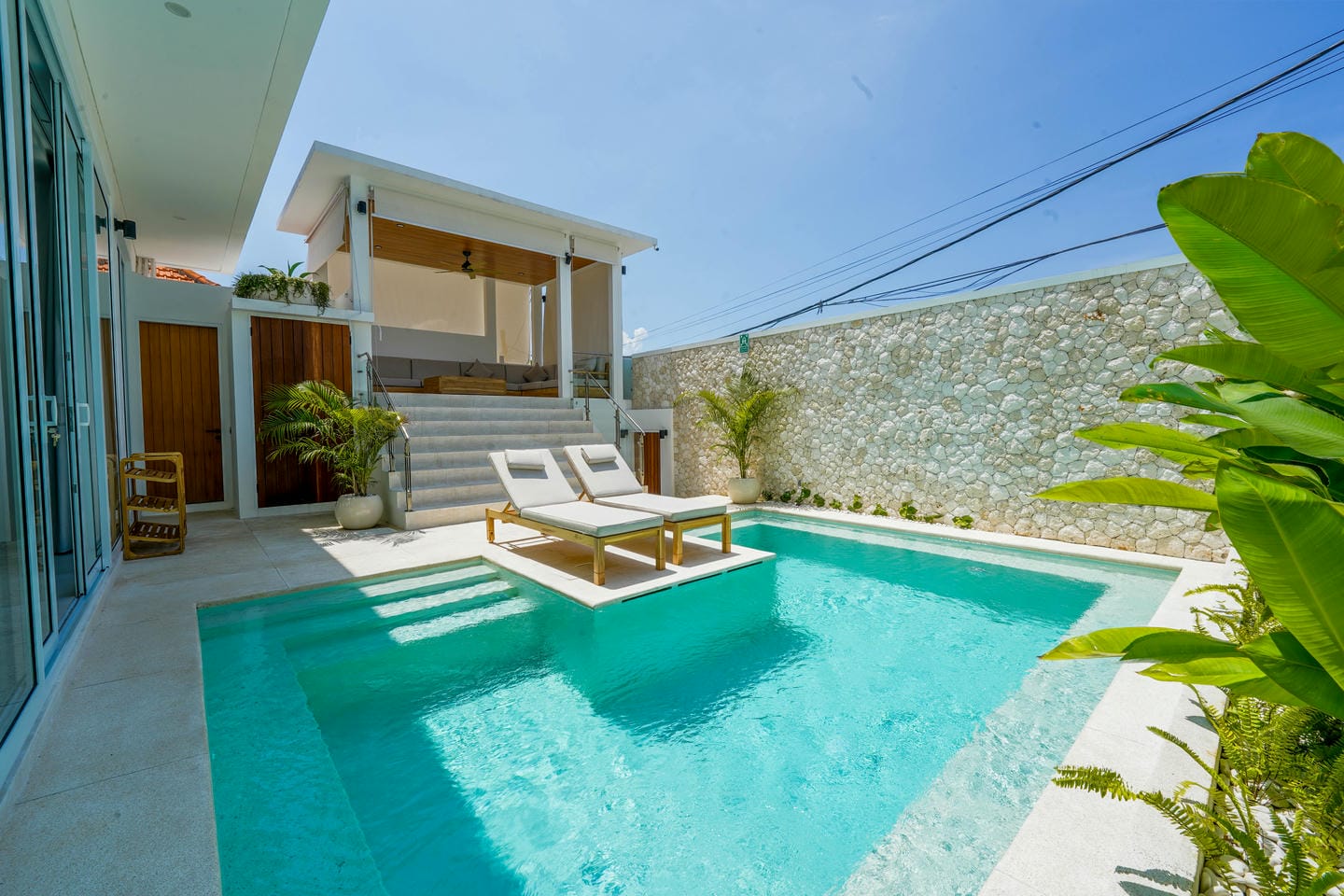Buying a villa in Bali can be a smart investment, but it comes with tax responsibilities in both countries. Here’s what Australians need to know before making the purchase.
This content is intended as a general guide only and should not be considered legal or tax advice. Laws and regulations in both Indonesia and Australia can change frequently, and while we strive to keep our information up to date, there may be inaccuracies or outdated details. We strongly recommend contacting our team directly to get the most accurate and personalized advice for your property investment journey.
Indonesian Property Taxes for Foreigners
Even though you can’t directly own freehold land, foreigners in Bali still pay taxes based on the property structure you use (leasehold, Hak Pakai, or PT PMA).
1. Acquisition Tax (BPHTB)
- 5% tax paid by the buyer on the property’s sale value minus IDR 60 million exemption.
- Usually applies when buying through a lease or HGB structure.
2. Income Tax (PPh Final)
- 2.5% tax paid by the seller on the transaction value.
- But in practice, some sellers pass this on to the buyer—so check your contract carefully.
3. Annual Land & Building Tax (PBB)
- Very low: usually less than IDR 5 million/year depending on location and size.
4. Rental Income Tax (for PT PMA or Personal Leasing)
- If you rent out the villa, income is taxed at 10% final tax on gross revenue.
- This applies whether you operate under a personal name or a PT PMA.
5. Corporate Tax (if using PT PMA)
- PT PMAs are subject to 22% corporate income tax on net profits.
- Must file monthly and annual tax reports.
Australian Tax Obligations
As an Australian tax resident, you must declare your foreign income to the ATO, including rent or capital gains from a Bali property.
1. Rental Income
- Any rental income from your Bali villa must be reported in your Australian tax return.
- You may be able to deduct expenses (like maintenance or management fees) against this income.
2. Capital Gains Tax (CGT)
- If you sell your lease or villa rights for a profit, you may be subject to CGT in Australia.
- A foreign property is treated the same as a domestic one under CGT rules.
3. Foreign Income Tax Offset
- If you’ve paid tax in Indonesia (e.g., 10% rental tax), you may claim a foreign income tax offset in Australia to avoid double taxation.
✅ Tip: Keep all payment receipts, tax certificates, and contracts—these will be needed for ATO reporting.
Summary Table
| Tax Type | Indonesia | Australia |
|---|---|---|
| Property Purchase Tax | 5% BPHTB on buyer | None at purchase, but CGT may apply later |
| Income Tax (Rental) | 10% final tax (gross) | Marginal rate (up to 45%), offset possible |
| Annual Property Tax | Low PBB (flat rate) | No extra tax unless reporting worldwide income |
| Company Profit Tax (PMA) | 22% corporate tax on net profit | Not applicable unless you bring profit home |
| Capital Gains Tax | Not applicable (no CGT law in Indo) | Yes, full CGT rules apply for foreig |
Final Advice
While Bali offers attractive taxes and low yearly costs, it’s crucial for Australians to understand their ATO obligations. If you’re renting out or planning to sell later, it’s best to speak to a cross-border accountant.


